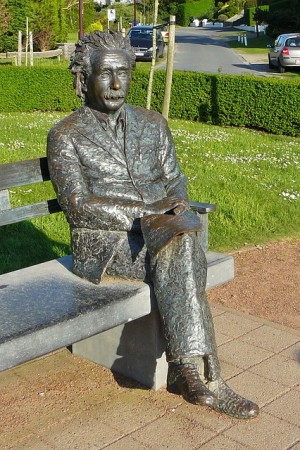you don’t make an effort, you don’t really try ![]()
[Dutch phrase of the week]
"Ergens met de pet naar gooien" is "to make a half-hearted attempt" to finish a job or task because you  don’t feel like doing it. When someone’s not committed to something, and therefore only finishes half of the job or does a very poor job, you can say: "Hij/zij gooit er met de pet naar", which literally translated to : "He/she is throwing the hat at it". Phrases with a similar meaning as "ergens met de pet naar gooien" are "niet je best doen" ("not try your best") or "ergens lak aan hebben" ("not care about something").
don’t feel like doing it. When someone’s not committed to something, and therefore only finishes half of the job or does a very poor job, you can say: "Hij/zij gooit er met de pet naar", which literally translated to : "He/she is throwing the hat at it". Phrases with a similar meaning as "ergens met de pet naar gooien" are "niet je best doen" ("not try your best") or "ergens lak aan hebben" ("not care about something").
Examples:
– "Ze heeft haar studie nooit afgemaakt; vanaf het begin gooide ze er met de pet naar."
("She never finished her studies; from the start she was not really committed to it.")
– "Ik denk dat zijn contract niet wordt verlengd want hij gooit er met de pet naar."
("I don’t think that his contract will be renewed because he’s not really committed [to the job].")
– "Zodra de voetballers wisten dat ze de wedstrijd niet meer konden winnen, gooiden ze er met de pet naar."
("As soon as the soccer players knew that they couldn’t win the match anymore, they didn’t make an effort.")
– "Elk klusje dat je aan haar geeft moet je zelf overdoen – ze gooit er echt met de pet naar."
("Every task that you give to her you’ll have redo yourself – she really does a poor job.")
Expressions:
– "Ergens lak aan hebben": to not care about something.
– "Je best doen": to do one’s best.
Related words:
– Pet: hat [noun] [de pet, de petten].




 “Geniaal” is linked to “genius” (“genie” in Dutch) and has always been used in the sense of “highly-gifted” people. A synonym of “geniaal” is “hoogbegaafd” (literally: “highgifted”). You can also use the word to describe ingenious ideas, events, people, jokes, food, places etc..
“Geniaal” is linked to “genius” (“genie” in Dutch) and has always been used in the sense of “highly-gifted” people. A synonym of “geniaal” is “hoogbegaafd” (literally: “highgifted”). You can also use the word to describe ingenious ideas, events, people, jokes, food, places etc..